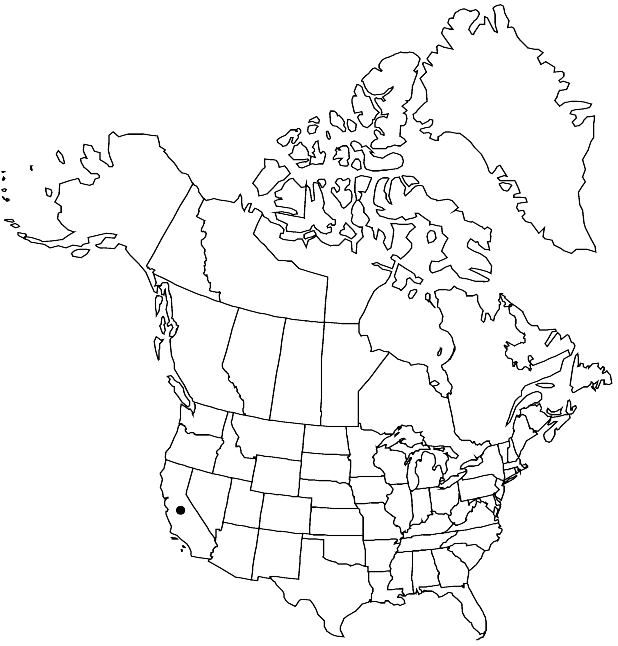Difference between revisions of "Boechera tularensis"
Harvard Pap. Bot. 12: 249. 2007.
FNA>Volume Importer |
imported>Volume Importer |
||
| Line 46: | Line 46: | ||
|publication year=2007 | |publication year=2007 | ||
|special status= | |special status= | ||
| − | |source xml=https:// | + | |source xml=https://bibilujan@bitbucket.org/aafc-mbb/fna-data-curation.git/src/bb6b7e3a7de7d3b7888a1ad48c7fd8f5c722d8d6/coarse_grained_fna_xml/V7/V7_599.xml |
|tribe=Brassicaceae tribe Boechereae | |tribe=Brassicaceae tribe Boechereae | ||
|genus=Boechera | |genus=Boechera | ||
Revision as of 23:58, 27 May 2020
Biennials or perennials; short-lived; apomictic; caudex present or absent. Stems usually 1 per caudex branch, arising from center of rosette near ground surface, 2–7 dm, sparsely to densely pubescent proximally, trichomes subsessile, sub-malpighiaceous, 0.3–0.6 mm, glabrous distally. Basal leaves: blade oblanceolate, 3–7 mm wide, margins entire, ciliate proximally, trichomes (simple), to 0.8 mm, surfaces sparsely to densely pubescent, trichomes subsessile, 2–5-rayed, 0.2–0.55 mm. Cauline leaves: 7–17, often concealing stem proximally; blade auricles 2–5 mm, surfaces of distalmost leaves sparsely pubescent or glabrous. Racemes 19–39-flowered, usually unbranched. Fruiting pedicels reflexed, recurved proximally, 5–13 mm, glabrous. Flowers divaricate to pendent at anthesis; sepals pubescent; petals white to pale lavender, 6–7 × 1.2–2 mm, glabrous; pollen spheroid. Fruits reflexed, rarely appressed to rachis, not secund, straight, edges parallel, 4–7(–8.5) cm × 2–2.3 mm; valves glabrous; ovules 88–104 per ovary; style 0.3–0.7 mm. Seeds sub-biseriate, 2–2.5 × 1.1–1.5 mm; wing continuous, 0.15–0.25 mm wide.
Phenology: Flowering Jun–Jul.
Habitat: Rocky slopes in montane and subalpine habitats
Elevation: 2400-3200 m
Discussion
Morphological evidence suggests that Boechera tularensis is an apomictic species that contains three different genomes, one each from B. rectissima, B. retrofracta, and B. stricta. It is most often confused with B. pinetorum and B. retrofracta, but is easily distinguishable from both (see M. D. Windham and I. A. Al-Shehbaz 2007b for detailed comparison). It is known from the southern Sierra Nevada (Fresno and Tulare counties).
Selected References
None.
